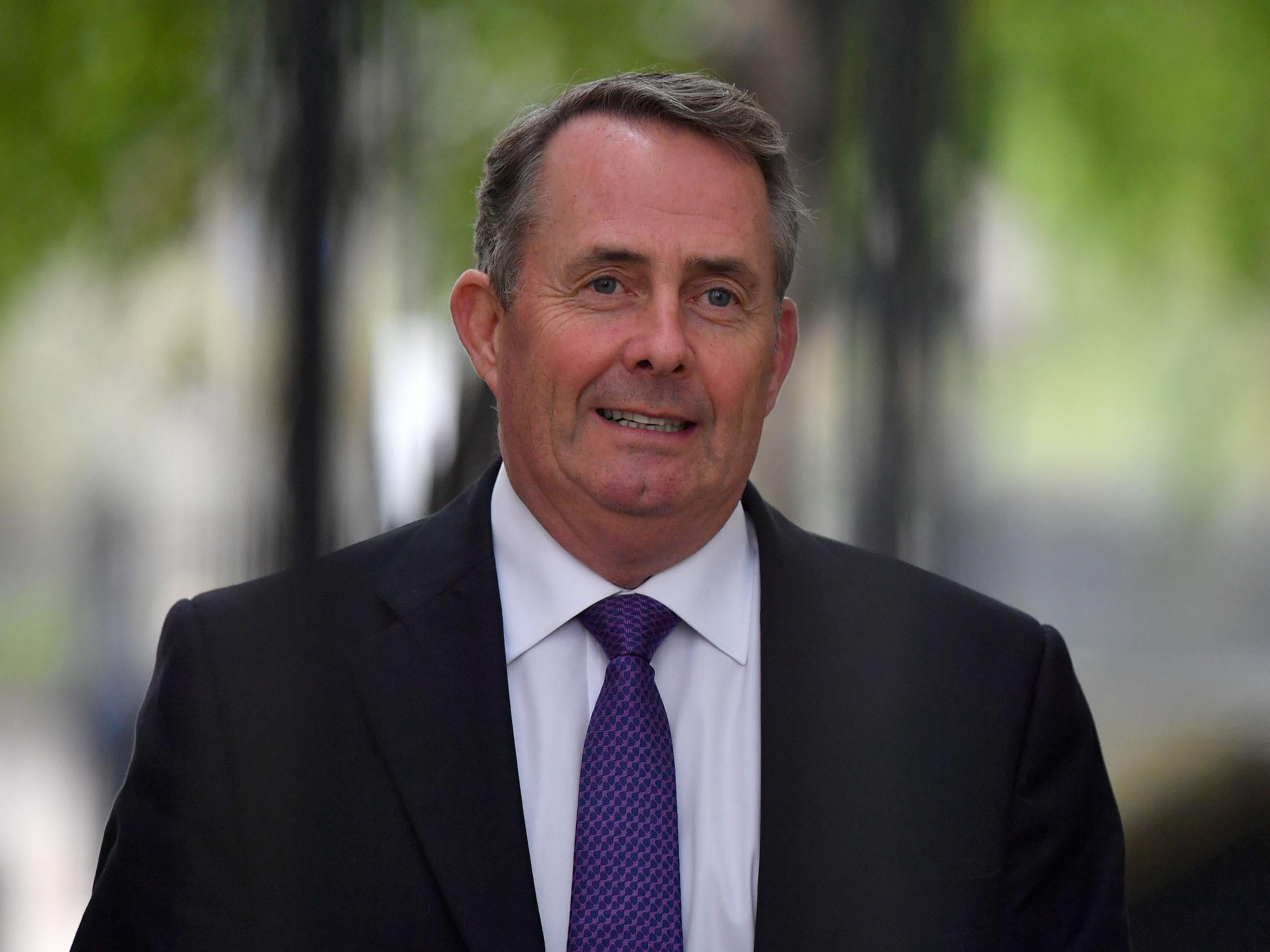The next director general of the World Trade Organisation will have the weight of the globe on their shoulders. No pressure
The WTO does, or tries to do, two things: broker trade deals and arbitrate on disputes. No easy task in today’s world, writes Hamish McRae


Wanted: someone to fill a high-profile job that you are almost bound to fail at, but one of massive importance to the entire world economy.
The job is to be the new head of the World Trade Organisation, and the first round to choose someone to do it starts this Monday. The director general, Roberto Azevêdo, did a competent job insofar as he could, but has left early and with chaos behind. The chaos stems from the stakeholders in the WTO, the economies of the world, being unable to agree on anything, including which of his four deputies should be the interim director general. So they are sharing the job.
As with all of these international posts there are a string of candidates from around the world, including Liam Fox, former UK trade minister until July last year. He would have US support, but that is not the way these decisions are made. Under the strange carve-up established after the Second World War, the head of the International Monetary Fund is always a European, while the head of the World Bank is always an American. But the third of what was planned to be the trio of institutions at the Bretton Woods Conference in 1944, did not take its present shape until 1995. Until then an interim body called the General Agreement on Tariffs and Trade (GATT) – which was simply a legal agreement, but with offices and a secretariat in Geneva – stood in for it.
The history sketched here matters because there has long been a simmering row between the countries as who should head it. Back in 1999 there was no agreement and two people had to try and run it jointly.
I don’t think it is helpful to speculate on who will get the job. What is worth saying is that the WTO matters more than ever for two reasons.
First, this year will see by far the sharpest fall in world trade since the 1930s. We don’t know the numbers yet, but think 15 per cent. If it turns out to be less, that will be a relief.
Second, the whole idea that trade should be free and fair, rather than sewn up by deals between powerful trading empires, is under threat. On the face of it, this situation might seem to be the fault of the policies of Donald Trump. But it was brewing before he took office and will continue when he leaves. Brexit is a blip by comparison to a trade war between the US, Europe and China.
So what will happen?
The WTO does, or tries to do, two things. It tries to broker trade deals, and it arbitrates on disputes.
Brokering deals has basically stalled. There has been a series of global trade rounds since the Second World War, under which tariffs were reduced or abolished and quotas reduced or abolished. But the last one, called the Doha Round, has been rumbling away for 20 years without agreement, so while it is officially still under negotiation, it is like John Cleese’s parrot: dead.
The thing about trade liberalisation is that it is like a bicycle: if you don’t keep moving forward you wobble and may fall off. That is what has increasingly been happening. Witness the current trade tussles. The WTO has brokered a number of small deals, and until this year international trade nudged up in absolute terms, though it has been flat for about five years as a proportion of global GDP. The danger, of course, is that the wobbles become more violent and trade plunges.
The other and more immediate issue is settling disputes. The procedure is established, but some countries, including the US, feel that the courts have been making trade law rather than simply applying it. So the US has blocked the appointment of new judges, with the result that there is no quorum on its panel. Result: the WTO cannot effectively rule on disputes.
There are other issues, such as the status of China as a developing economy and therefore able to have special exemptions on, for example, state aid, as number one.
But the core task of the next director general will be to rebuild trust. He or she will have to show that the WTO does something useful, is fair and impartial, and has enough support from the main global players to function.
If all this sounds enormous, it is. But there is something bigger still. The whole idea of having international organisations is that a liberal world economy cannot be run at the whim of great global powers. There have to be rules for all. If we move to warring trade blocs, then it is the little countries that suffer and that leads to a less stable and less decent world. Big job, eh?
Join our commenting forum
Join thought-provoking conversations, follow other Independent readers and see their replies
Comments



Bookmark popover
Removed from bookmarks